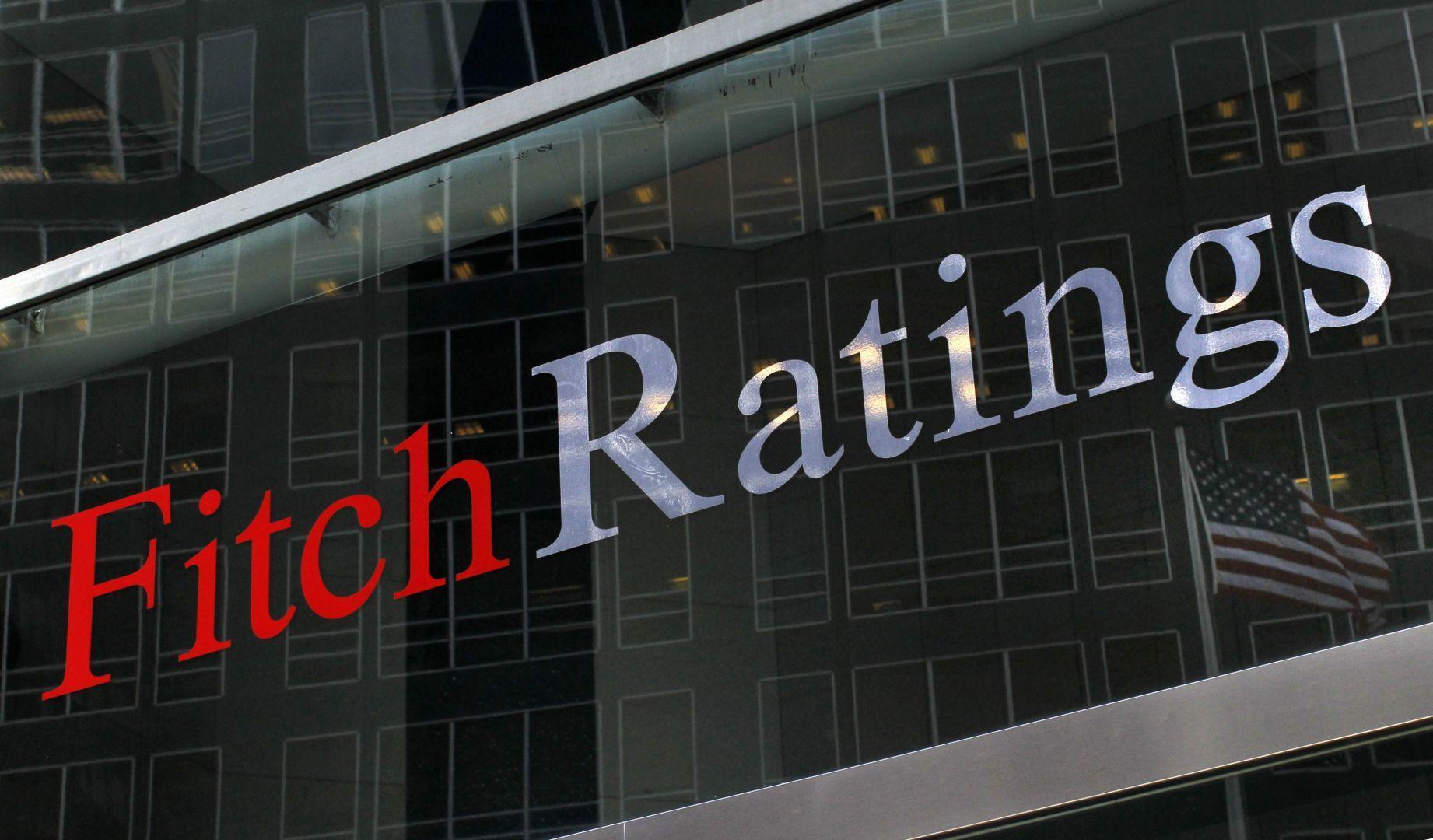
The ratings agency Fitch late on July 13 downgraded Turkish sovereign debt a notch to ‘BB’ with a negative outlook, citing inflation and widening current account deficit.
The decision followed S&P’s move in May to cut the country debt ratings, likewise amid concerns about Ankara’s worsening finances and weakening currency.
Recent actions by President Recep Tayyip Erdoğan that could weaken central bank independence meant stewardship of the economy could suffer, Fitch said in a statement.
“In Fitch’s opinion, economic policy credibility has deteriorated in recent months and initial policy actions following elections in June have heightened uncertainty,” Fitch said.
“This environment will make it hard to engineer a soft landing for the economy.”
Annual inflation hit a 15-year high last month of 15.4 percent, driven by the falling lira, which has lost 27 percent so far this year.
While the central bank has raised interest rates by five percentage points since April, Fitch forecasts inflation will be double that of other countries in the ‘BB’ category.
The current account deficit (CAD) is expected to widen to 6.1 percent of GDP this year, but should decline to 4.1 percent next year by the weakening lira, lower oil prices and a growing tourism sector.
And with foreign investment at a low ebb, the government will have to resort to borrowing to finance the budget deficit, which is expected to drive net external debt to 35 percent of GDP by year end.
“Turkey’s large gross external financing requirement leaves it vulnerable to shocks,” the agency said, estimating external borrowing needs at $299 billion for 2018.
Fitch summarized the main factors that, individually, or collectively, could lead to a downgrade as: A sudden stop to capital inflows or hard landing of the economy, particularly if it heightens stresses in the corporate or banking sectors; failure to rebalance the economy and implement reforms that provide a path to addressing structural deficiencies and reducing inflation and external vulnerabilities, a marked increase in the government debt/GDP ratio to a level closer to the peer median; and a serious deterioration in the political or security situation.
The main factors that, individually, or collectively, could lead to a stabilization of the outlook are outlined as a sustainable rebalancing of the economy evident in a reduction in the CAD and inflation that reduces external vulnerabilities, and a political and security environment that supports a pronounced improvement in key macroeconomic data.